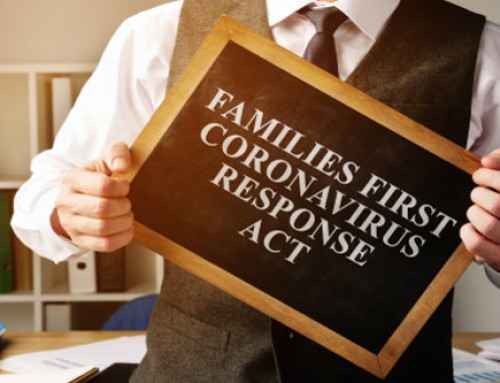At GSB Law, we focus our practice on representing businesses, employers, and organizations in South Carolina. Larger employers may experience their workers’ trying to organize or to bargain collectively. The ability of workers to organize and how employers treat them is regulated by federal law. The Department of Labor maintains federal forms and offers interpretations to address employee organizations’ operations and transparency and provides guidelines regarding how labor unions, labor relations consultants, and employers make proper reports and disclosures.
On April 25, 2016, federal revisions will increase the reporting requirements of an agreement between an employer and a labor relations consultant where the consultant agrees to attempt to persuade the workers to reject an organizing campaign. The Persuader Final Rule will apply to arrangements, agreements, and payments made on or after July 1, 2016.
What is the Persuader Rule?
The Labor-Management Reporting and Disclosure Act of 1959 establishes reporting and record-keeping requirements for employers and labor relations consultants. The Act intended to make the agreements and the activities of employers and consultants transparent so that workers knew the source of information they considered when making choices about their rights to bargain collectively.
On April 25, 2016, Section 203 of the LMRDA will require employers and labor relations consultants to report agreements where the consultant agrees to or does in fact, participate in activities with a direct or an indirect objective to persuade workers about their rights to organize and to bargain collectively. Under the prior interpretation, reporting was triggered only when a consultant communicated directly with employees. There remains an exception to this reporting requirement that no report is required when a lawyer gives legal advice to the employer. Advice is narrowly defined as an oral or written recommendation regarding a decision or course of conduct.
Persuader Activities
In a typical agreement, a consultant might agree to manage a campaign to avoid or to counter a union organizing or collective bargaining effort, either jointly with the employer or separately. Under the previous interpretation of Section 203, employers and consultants only had to report direct interactions between the consultant and the employees. Now, employers and consultants must be aware of “persuader activities.” The feds suggest persuader activities are “any actions, conduct, or communications that are undertaken with an object, explicitly or implicitly, directly or indirectly, to affect an employee’s decisions regarding his or her representation or collective bargaining rights.”
The Persuader Final Rule requires employers and consultants to report when the consultants directly persuade workers or when the consultants acted in one of the following four categories:
- Plan, direct, or coordinate managers to persuade workers;
- Provide persuader materials to employers to disseminate to workers;
- Conduct union avoidance seminars; and
- Develop or implement personnel policies or actions to persuade workers.
Under the new interpretation, any indirect activities of the consultant must now be reported. These activities may consist of:
- Planning, directing, or coordinating activities undertaken by supervisors or other employer representatives;
- Providing material or communications for dissemination to employees;
- Conducting a union avoidance seminar for supervisors or other employer representatives; and
- Developing or implementing personnel policies, practices, or actions for the employer.
To summarize, in an attempt to increase transparency for employees, an employer-consultant agreement to persuade workers, directly or indirectly, must be reported, but an agreement a lawyer to give narrowly tailored legal advice doesn’t need to be reported.
Navigate Collective Bargaining with an Experienced Attorney
Employers and labor relations consultants are federally required to complete specific forms for certain activities regarding employees’ collective bargaining rights and the source of information given to employees (here, LM-10 and LM-20). It’s crucial that employers and consultants complete the proper forms with accurate and relevant information. Contact one of our labor lawyer who is intimately familiar with the current federal forms and requirements and is committed to advocating for employers and businesses in South Carolina.






